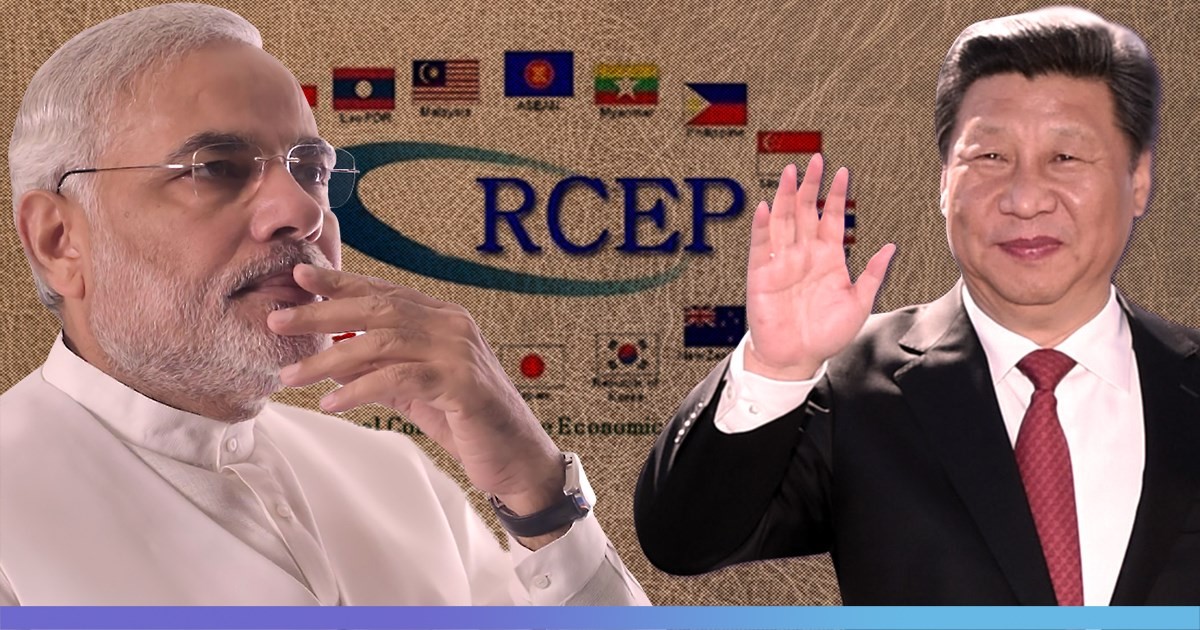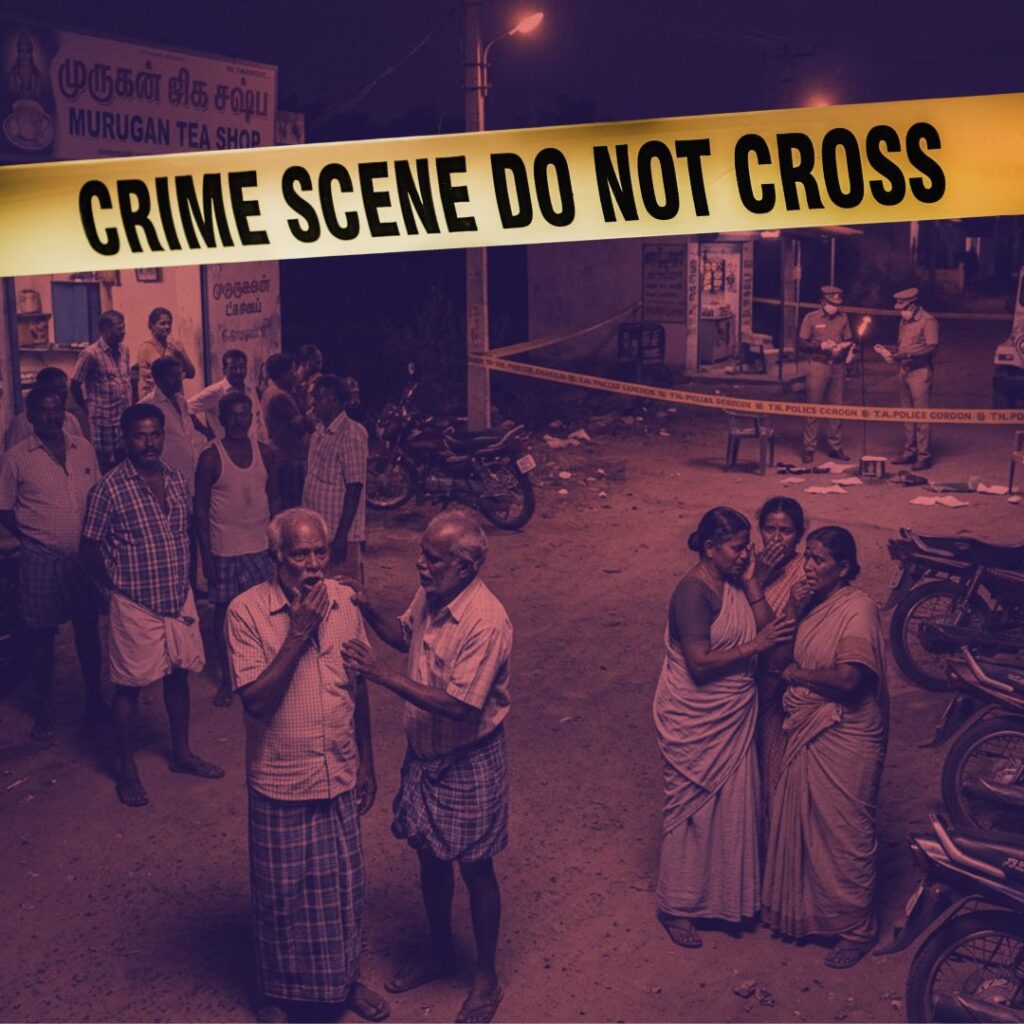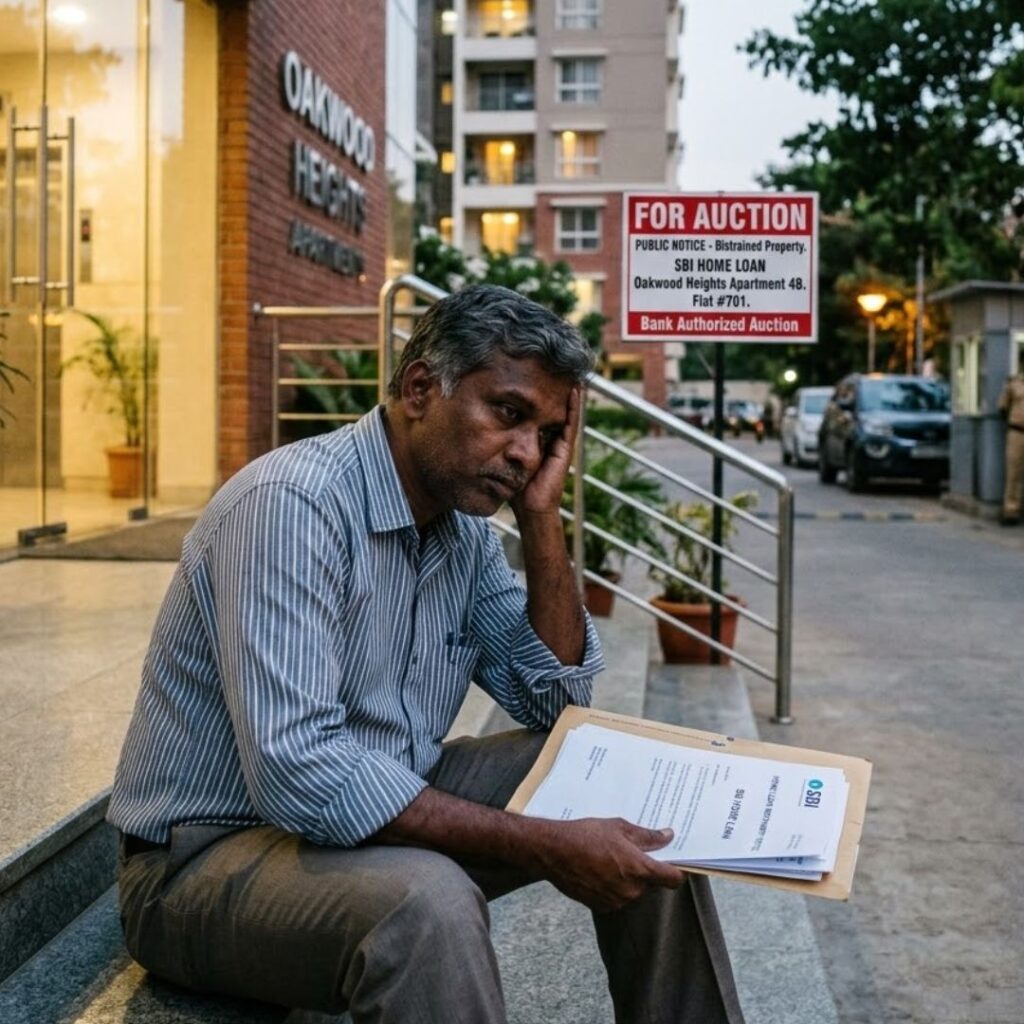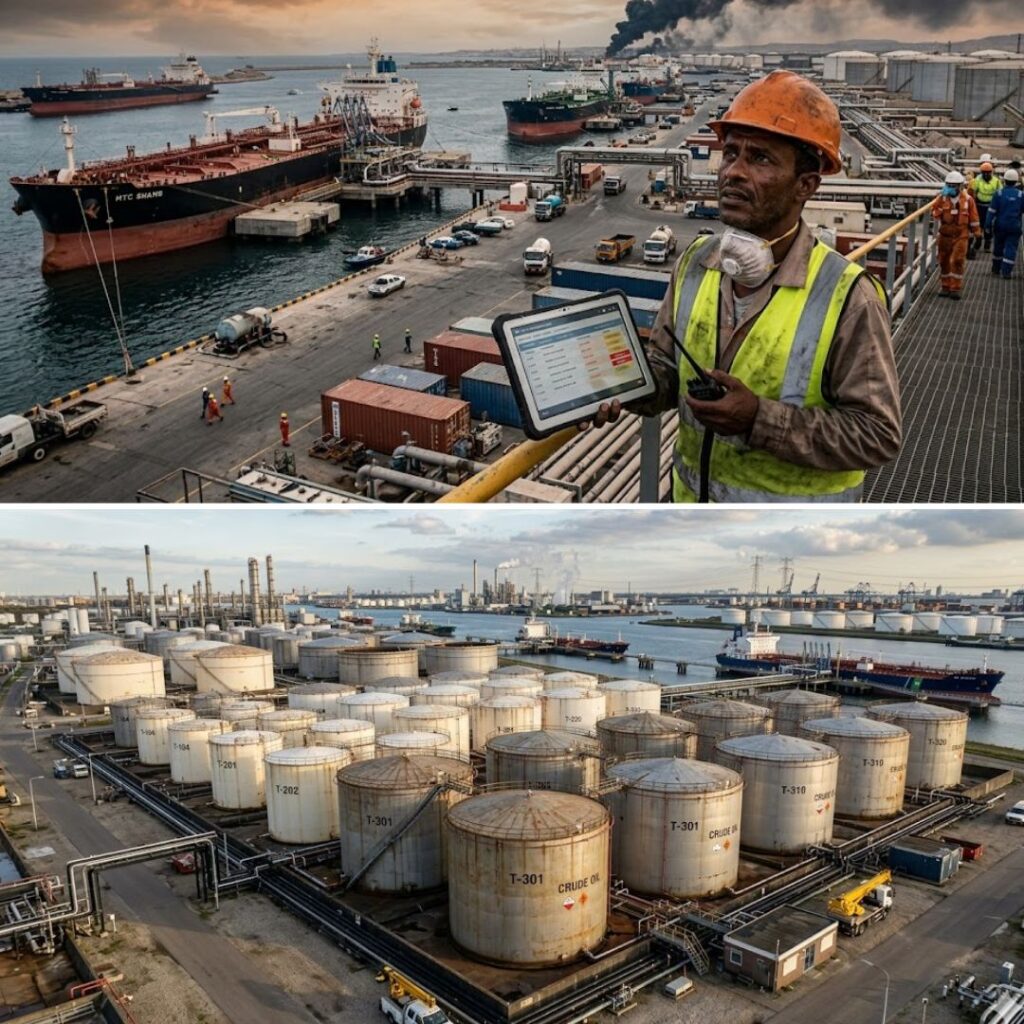The Regional Comprehensive Economic Partnership (RCEP) is a proposed trade pact between the 10 countries of the Association of Southeast Asian Nations (ASEAN) and their six Free Trade Agreement (FTA) partners, including Australia, China, India, Japan, Korea, and New Zealand.
If finalised, it will account for 25% of the globe’s gross domestic product, 30% of global trade, 26% of foreign direct investment flows, and 45% of the world’s population.
Leaders of the concerned countries are scheduled to meet on the 4th of November this year at the Leaders Summit which is going to be held in Bangkok, Thailand. The conclusion of RCEP negotiations is expected to be announced then, vindicating doubts, fears, and apprehensions held by various stakeholders.
Talks on RCEP began all the way back in 2012, but the participating nations have not reached any conclusion yet. The uncertainty in global trade, with the ongoing US-China trade war, is slowing down talks further.
The 7th RCEP Ministerial Meeting in Bangkok this September had aimed at closing the deal which would have possibly formed the world’s largest free trade bloc but the final call over the matter will now be taken in November.
In a joint statement, the RCEP participating countries (RPCs) who met in Bangkok said, “Notwithstanding the remaining challenges in the negotiations, RPCs are working on addressing outstanding issues that are fundamental to conclude the agreement this year as mandated by the leaders.”
However taking into consideration the global economic slowdown and the uncertainties in trade and investment environments – which have been impacting businesses and jobs – the joint statement added, “While noting that certain developments in the global trade environment may affect RPC’s individual positions in the course of the negotiations, ministers have agreed that RPCs should not lose the long-term vision of deepening and expanding the value chains in the RCEP.”
India’s Conundrum
India has been looking at keeping its domestic industries in equilibrium with the foreign trade the RCEP deal will bring in.
Key industrial contributors to India’s domestic growth have been warning the Commerce Ministry that China could swamp India’s manufacturing sector by dumping cheaper goods.
In an RCEP convention in Beijing, India’s Commerce Secretary Dr. Anup Wadhawan with his delegation highlighted India’s concerns regarding market access and other issues leading to imbalanced trade between some of the partner countries.
With India’s trade deficit with China standing at USD 53.6 billion, liberalisation of tariffs with China that the RCEP deal pushes could be damaging to its indegenious industries. There is also serious speculation about India having to compulsorily side with China after the signing, amidst its trade war with the US, at a time when Indo-US relations are improving diplomatically.
Nevertheless, there are many who believe that being a RPC would be beneficial to India, also aiding it to achieve its $5-trillion-economy dream. It is viewed by the promoters of the deal as India’s chance at properly integrating its manufacturing sector with the global value chain, looking at opportunities for the production of telecommunication equipment, mobile phones and textiles.
Problems At Home
Automobile Sector

Society of Indian Automobile Manufacturers (SIAM) have expressed their concerns over RCEP affecting employment conditions and the Make In India initiative.
While maintaining that India’s 42 free trade agreements (including preferential agreements) mostly with Asian countries had not benefited the domestic automobile industry at all, SIAM President Rajan Wadhera told ET reporters, “Being a part of global trade, there are gives and takes. We are only saying that the government should be mindful of two things – job creation/loss and Make In India. RCEP and free trade agreements should not have any adverse effect.”
Bicycle Industry

The Indian bicycle has played an important role in the growth, development and expansion of the Micro, Small Medium and Enterprises (MSMEs). It is also the quintessential symbol of a regular working Indian as the ownership of this commodity is almost ubiquitous. Being the the second largest producer, only next to China, India manufactures around 1.5 crore bicycles every year.
But China’s presence in the free trade bloc is a big concern for domestic bicycle industry as per Ludhiana Handtool Association President, S C Ralhan.
China’s current bicycle imports have already hurt the industry at home. “India’s bicycle imports from China stood at about Rs 1,600 crore in 2018-19 and this is a big figure given the fact that the sector engages mainly small and micro units,” he said. Alleging that China is involved in indirect exports through Sri Lanka and Bangladesh as these neighbours have no import duty on the product, Ralhan believes that any cut in duties due to RCEP will lead to widespread unemployment.
Considering that most of the workers in this industry are employed through MSMEs, any job loss in this sector will also have a cascading effect on other socio-economic parameters of development.
Dairy Industry

If India goes through with RCEP, it would allow the influx of imported duty-free milk powder and other milk products from Oceania countries, causing milk prices in the domestic market to drop, impacting dairy farmers directly.
About 63 million households, primarily small, marginal and landless farmers, are associated with the dairy industry.
India is the world’s largest producer of milk and Union agriculture minister Narendra Singh Tomar has demanded the protection of farmer interests: “Farmers’ interest is foremost for us; we have already informed the Commerce Ministry about our stand.”
New Zealand produces 14 times more than its domestic requirement and thus exports more than 93% of its total milk production. Also, just 10,000 dairy farmers in New Zealand or 6,300 farmers of Australia are associated with dairying whereas the Confederation of All India Traders says that India’s production is around 48 crore litre per day with over 10 crore farmers associated with milk production in India.
Niti Aayog’s Working Group Report (Feb 2018) on Demand and Supply Projections towards 2033 for Crops, Livestock, Fisheries and Agricultural Inputs, states that the demand for milk was 292 million tonnes against which India will produce 330 million tonnes.
Thus, India will be surplus in milk products and therefore the question of imports does not arise.
But if India agrees for import of dairy products under RCEP agreement then it would be harmful to Indian dairy industry causing huge losses to milk producers and the bursting the dream of “doubling farmers’ income.”
Agricultural Sector

From pesticide production to seeds, RCEP poses a severe threat to India’s farmers who are already harassed by incompetent agricultural policies.
The agricultural sector becomes all the more vulnerable if RCEP opens the gates to imports.
A 2015 leaked text on intellectual property rights proposed by Japan’s negotiators for RCEP confirmed concerns that the deal could go beyond the rules agreed to at the World Trade Organisation, known as the Trade Related Aspects of Intellectual Property Rights (TRIPS) agreement.
The leaks show that Japan and South Korea want to get all Asian countries into UPOV, the Union for the Protection of New Plant Varieties, under the terms of its 1991 convention which is a specialised system of seed patenting. The UPOV makes it illegal, a criminal offence, for farmers to save and reuse ‘patented’ seeds. This will have huge implications for food security and farmers’ rights in the region.
Fearing that RCEP will force India to reduce import duties on agricultural produce, and cheap agriculture and dairy imports would flood the Indian market, 40 farmers organisations under the banner of Rashtriya Kisan Mazdoor Sangh (RKMS) held a closed-door meeting in New Delhi on October 10, 2019. They addressed a press meet after which, on moving to Jantar Mantar, burnt an effigy of Union Minister of Commerce Piyush Goyal.
Speaking to the media, the national convener of the protest Shiv Kumar Sharma cited the example of the FTA with Sri Lanka and its grave financial impact on farmers’ earnings. “In 1999, an Indian farmer used to get Rs 720 on the production of one kilogram of chillies. But after the free trade agreement with Sri Lanka and the subsequent cheap imports of chillies farmers got just Rs 330 per kilogram,” he said.
E-Commerce Industry

E-commerce is one area where India had been reluctant about signing multilateral agreements, as it has stated that the country with its formidable size of unorganised small and micro manufacturing and trading sector cannot be ready for international regulations that will bind it.
But in a recent article by Business Today, India seems to have given in to international pressures related to e-commerce.
The negotiating text agreed will take away the nations’ right to demand the establishment of local computing facilities as a prerequisite for permission to conduct business on their lands.
Agreeing to RCEP’s e-commerce rules will take away India’s power to independently develop a legal framework for the protection of personal information. It will need to take into account international standards, principles, guidelines and criteria of relevant international organisations or bodies to make any laws regarding the protection of personal information of the users of e-commerce.
The native industry’s major worry is in joining hands with China over e-commerce.
Experts who have closely tracked negotiations fear that once RCEP’s e-commerce rules come into force, member nations may have less flexibility to regulate the service delivery channels. For instance, if technology like drone is used for delivery of e-commerce products in one of the RCEP countries, another country may not have the freedom for a unilateral ban on drone delivery.
Generic Medicines

Officials from the sixteen RCEP countries met in Hyderabad this July for another round of negotiations. Hyderabad, which is the hub of the Indian generic industry, will host the intellectual property (IP) negotiations that will curb the ability of Indian manufacturers to deliver lifesaving medicines to the world.
Most of the intellectual property proposals in RCEP are being pushed by Japan which is in competition with generic manufacturers from India, China and other RCEP countries.
Leaked draft texts of the trade deals have revealed that Japan and South Korea have proposed several provisions that go far beyond the current trade requirements of the World Trade Organization (WTO) and seek to extend the term of patent monopolies of pharmaceutical corporations and are demanding data exclusivity that limits competition – even for older medicines that do not deserve and may not have a patent monopoly.
If accepted, such measures will delay access to affordable medicines by restricting generic competition and maintaining monopoly pricing, adding to the pressure of escalating treatment costs and leaving patients struggling to afford their life-saving treatments.
India is often known as the ‘pharmacy of the developing world’ for its wide-scale production of generic medicines – supplies life-saving, affordable medicines needed to treat communicable and non-communicable diseases to Sub- Saharan Africa and many other developing countries.
In fact, two-thirds of medicines used to treat people with tuberculosis, malaria, and HIV/AIDS are generic medicines from India.
In the light of these facts, the Commerce Ministry has assured that it will not go beyond TRIPS agreements on intellectual property in the interest of public health.
Also Read: Even As India’s Export Hit Record US $331 Billion, Trade Deficit At Its Worst











